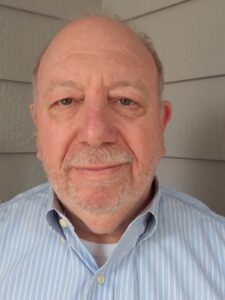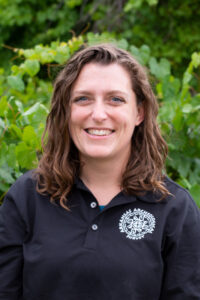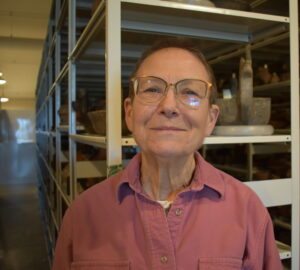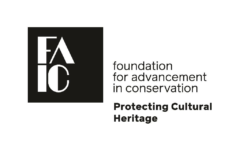Earthquakes can be devastating to building structures and their contents for small and mid-sized institutions, resulting in extended recovery periods based on accessibility and structural reinforcement, and they affect numerous regions throughout the United States. During this webinar, part of AIC’s MayDay programming, experts will explain the science behind these natural phenomena, helping attendees understand what earthquakes are and what causes them. A case study will also be presented that will offer practical guidance on earthquake mitigation, prevention, and recovery that cultural institutions will be able to apply to their facilities.
Presenters
Devin Dollar, Planning Branch Manager, Arkansas Division of Emergency Management
Devin Dollar (B.S. 2020 – Arkansas Tech University) is the Planning Branch Manager at The Arkansas Division of Emergency Management. He is responsible for the Arkansas Comprehensive Emergency Management Plan, assisting the 75 counties in Arkansas with their Emergency Operation Plans, and is the supervisor of the Earthquake Program Manager for the State of Arkansas. He has always been interested in assisting people, communities, and businesses prepare for and plan for a disaster.
Gordon Magenheim, Retired Geologist, Member of the AIC Emergency Committee
Gordon Magenheim, P.G., C.P.G., Cgeol., CHMM, is the Compliance and Outreach Program Manager for the Texas Board of Professional Geoscientists based in Austin, Texas. Gordon has been a practicing Geoscientist for approximately 45 years and has worked in lignite and coal resource assessment, environmental geology and groundwater contaminant delineation, and field safety. Gordon is also a retired Lieutenant Colonel having served 28 years of combined U.S. Army and U.S. Army Reserve experience in a variety of capacities and command levels.
Gordon is a member of the Geological Society of America, the American Institute of Professional Geologists, and the Geological Society of London as well as a member of the National Safety Council, the American Industrial Hygiene Association (Museum and Cultural Heritage Sites working group), and the American Institute of Conservation (Emergency Committee).
Gordon received a Bachelor of Arts in Geology from the State University of New York/College at New Paltz, a Master of Science in Environmental Science (Environmental Geology) from the University of Houston – Clear Lake and a Master of Arts in Emergency and Disaster Management from the American Military University. He is also a candidate for a Master of Public Administration in Emergency Management, also from the American Military University. He is also a Certified Safety Professional and a Certified Instructional Trainer (formerly the Certified Environmental Trainer).
Michelle Megan Rathgaber, Educational Outreach Coordinator for the Arkansas Archeological Survey
Michelle Rathgaber (PhD 2019 – University of Arkansas) is the Educational Outreach Coordinator at the Arkansas Archeological Survey. She did her dissertation research on the Mississippian Period of northeast Arkansas and how Native American people in the early 1500’s CE reacted to the New Madrid seismic zone earthquake events that happened around that time. She lived in the NMSZ for 4 years and has been interested in how people respond to earthquakes and the threat of earthquakes since then. She currently lives in northwest Arkansas and does outreach about archeology all around the state of Arkansas.
Mary Suter, Curator of Collections for the University of Arkansas
I have been the Curator of Collections at the University of Arkansas Museum, Fayetteville, for 29 years. My primary responsibility is managing the Museum’s geology, zoology, history, ethnology, and archeology collections. Those responsibilities include documenting donations, cataloging, numbering, and housing collections, as well as managing and tracking loans and exhibitions. As the person responsible for housing collections, I have planned and executed the move of UAM collections from our old facility to our new purpose-built facility in the Arkansas Archeological Survey building, and written numerous IMLS and NEH grants to purchase storage furniture to house the each collections in the new facility. As I am also responsible for housing upgrades, I planned and managed the Museum’s earthquake preparedness project for the archeological whole vessels. I have my Master’s Degree in Museum Studies from the George Washington University (1981), and my PhD from the University of Arkansas in History (2013).









